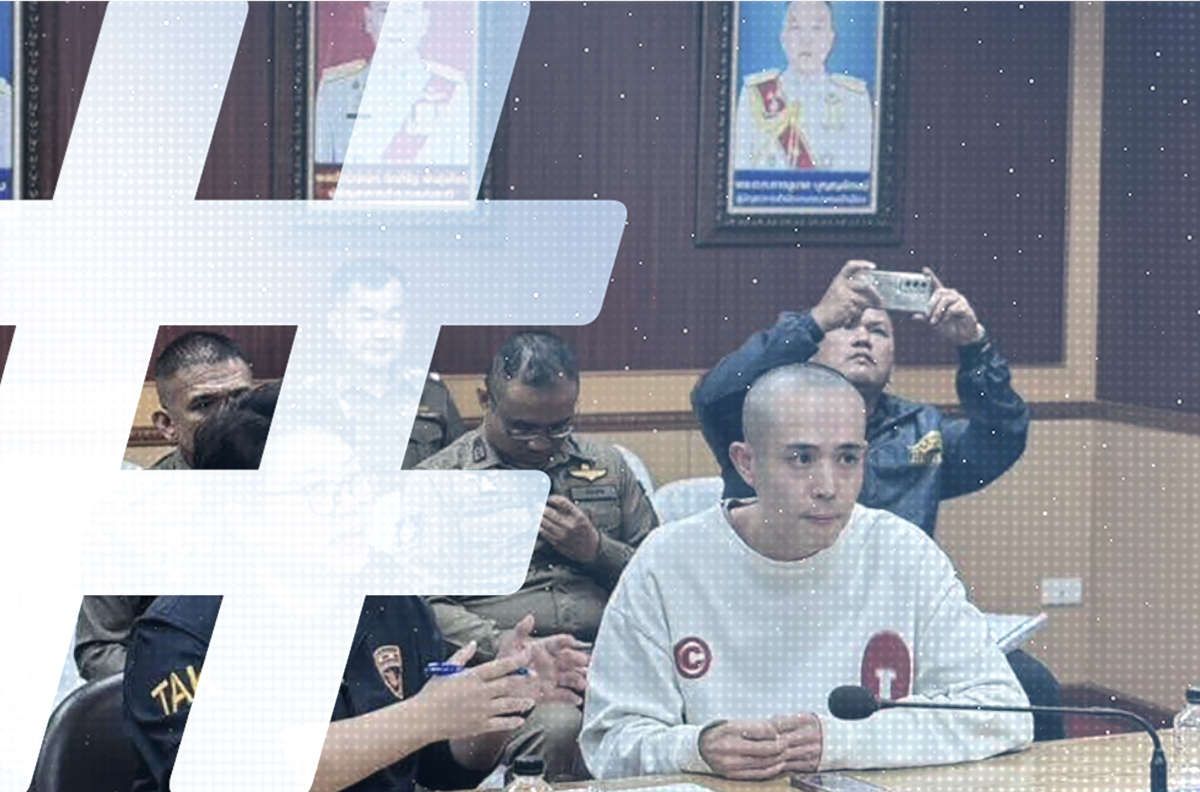Headlines and Hashtags
Goodbye Republic
As Xi Jinping's "New Era" ushers China back into the authoritarian past, paving the way for the Putinesque removal of term limits for the president and vice-president, there is so much to say. But the thing about such atavistic acts is that we have reflected on them before. We have been there. We have done that.
And so, without further ado, I share a translation of a piece written back in 1980, almost two years before presidential term limits were put in place in China's 1982 Constitution. The piece, written by Yan Jiaqi (严家其), the former political advisor to Premier Zhao Ziyang who fled China in the wake of June Fourth, was published in the Party's official People's Daily after first appearing in a journal called New Period (新时期) — or "New Era," as it might alternatively be translated.
Yan's piece reserves criticism for "capitalist dictatorship" — there were still ideological lines to uphold — but is absolutely clear in its assessment that the abolishment of "lifelong tenure," or zhongshengzhi (终身制), is a mark of progress for political systems, and that the return of "lifelong tenure" for top leaders spells the death of a republic.
Lifelong Tenure is an Ancient Form of System
By Yan Jiaqi
"Lifelong tenure" (终身制) is an extremely ancient system. Since humankind entered the class society and established states, two systems have had long histories: one is "private ownership" of the social and economic system, and the other the statist political system of "lifelong tenure."
Way back in the time of dictatorship by slave owners, the lifelong tenure of heads of state came to form one type of system. The leaders of ancient Egypt, Babylon, Persia, India, China and other lands all had lifelong tenure. Of course, there were also exceptions. In the Roman Republic of the 6th century B.C., the position of Roman head of state was held by dual consuls. A consul's term was set at one year, and every year an election was held.
Looking back on history, the system of "lifelong tenure" of heads of state under private ownership is closely connected to the system of monarchy. We can say that perhaps all lands with monarchies in history are inseparable from "lifelong tenure." But under republics, establishment of "lifelong tenure" usually presages the restoration of monarchy. If no term limits are applied to the head of state, republics undergo metamorphosis and become monarchies. Toward the end of the Roman Republic, those military chiefs who emerged during the period of civil war did their utmost to abolish strict term limitations, first announcing time after time that they would extend their terms, then ultimately declaring that they would hold lifelong terms. At the end of the 1st century B.C., with the establishment of "lifelong tenure" for heads of state, the Roman Republic became the Roman Empire.
Aside from ancient Rome, in more contemporary history, we have Napoleon Bonaparte in France, and Yuan Shikai (袁世凯) in our country after the Xinhai Revolution — all extending their terms and then declaring lifelong tenure before ultimately destroying their republics and ascending to imperial thrones. Like the system of monarchy, "lifelong tenure" is an ancient system gradually being phased out of history.
The abolishment of "lifelong tenure" is an important transformation in the history of human development where political systems are concerned. This transformation has been achieved by many countries through periods of bourgeois revolution (资产阶级革命时期) or revolution. The terms of office in various countries are all different. In Switzerland, the highest administrative organization is the Federal Council, which serves for terms of just one year. The American president serves for four-year terms, and the French president for 7 years. The United Kingdom is a monarchy in name, but the highest powers are not held in the hands of the monarch but are exercised through parliaments, cabinets and prime ministers with definite terms of tenure (5 years) — and "lifelong tenure" is purely a figment.
The bourgeoisie abolished the "lifelong tenure" of those at the height of power, effectively preventing the restoration of despotism. However, in these countries, the system of private ownership that has a long history equal to that of "lifelong tenure" continues to exist in the private ownership of capitalism. Owing to the existence of capitalist private ownership, the fact of bourgeoisie dictatorship cannot be changed regardless of how the bourgeoisie determines the terms of presidents or prime ministers, or what political system is employed.
(Excerpted from "On the Abolishment of Lifelong Tenure," published in the March 1980 edition of New Era (新时期).)




















